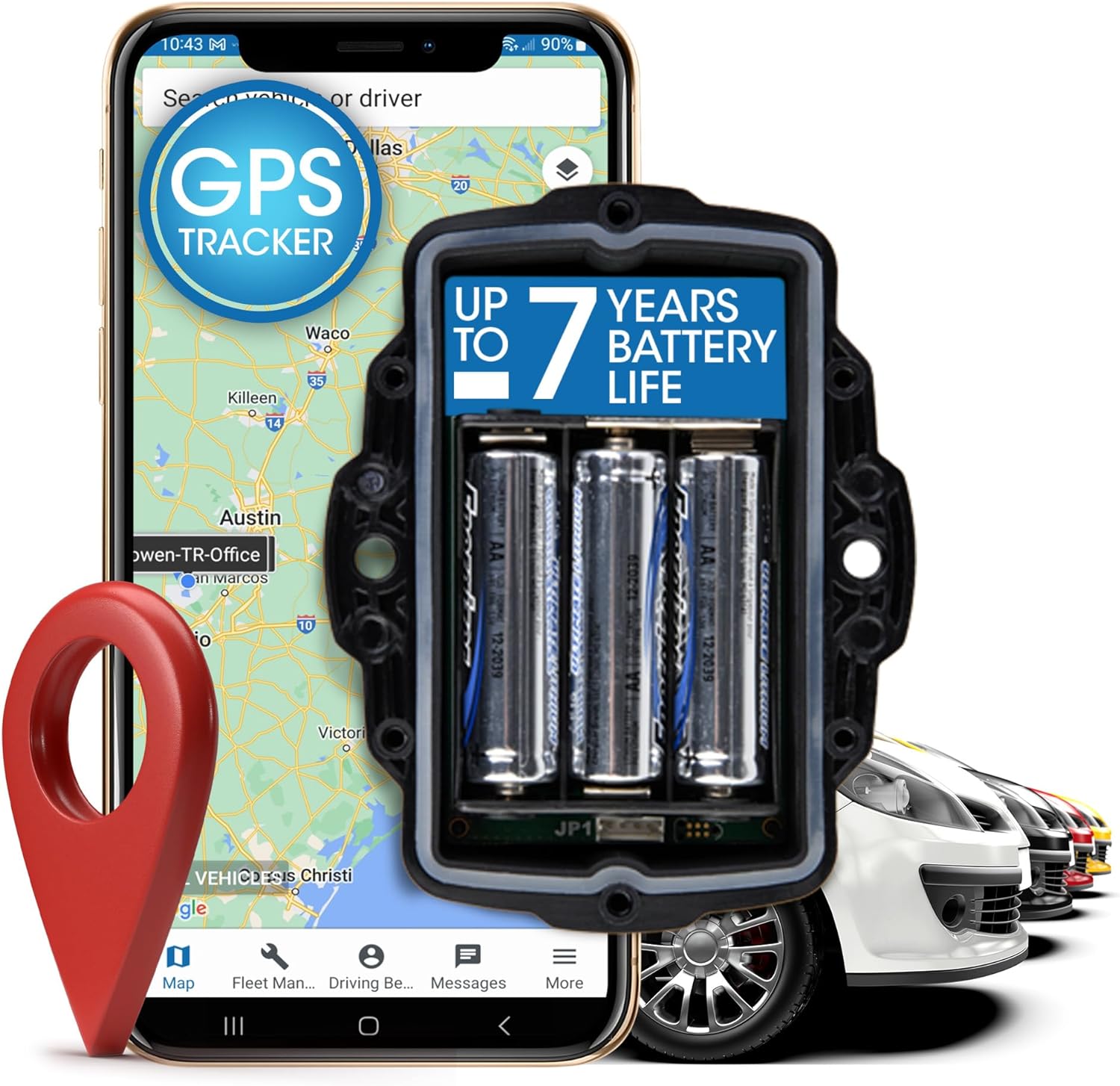Browsing the Future of GPS Monitoring: Advancements, Difficulties, and Opportunities Ahead
As we stand at the crossroads of technical advancements and social ramifications, the landscape of General practitioner monitoring is poised for a transformative trip ahead. With terrific technology comes terrific responsibility, as information privacy problems impend large and security challenges in GPS monitoring raising pertinent concerns about guarding delicate info.
Advancement of GPS Innovation
The Evolution of GPS Innovation has actually been marked by considerable developments in accuracy, protection, and effectiveness over the years. Created for army purposes, General practitioner technology has developed to become a common device in numerous industries, consisting of transport, logistics, farming, and individual navigation. Early general practitioner systems were identified by minimal insurance coverage, reduced accuracy, and bulkier hardware needs. With continuous technological innovations, GPS has actually transitioned to a lot more efficient and precise systems that provide global protection and enhanced accuracy.
One key landmark in the advancement of GPS modern technology was the growth of Careful Accessibility (SA) in the 1990s, which purposefully weakened the accuracy of noncombatant GPS signals. The discontinuation of SA in 2000 substantially enhanced GPS precision for noncombatant users. Succeeding improvements, such as the implementation of extra satellite constellations like Galileo and BeiDou, have even more enhanced GPS protection and precision, making it an essential device in day-to-day life. As GPS modern technology remains to advance, we can expect additional enhancements in coverage, precision, and efficiency, opening brand-new opportunities for advancement and applications throughout different sectors.
Real-Time Tracking Developments
Building on the improvements in GPS technology that have changed precision and insurance coverage, real-time monitoring has become a critical area of technology with profound effects across numerous markets. Real-time monitoring developments make it possible for companies and companies to check employees, possessions, and cars instantaneously, giving valuable understandings for decision-making procedures - gps tracking. By leveraging real-time data, companies can enhance operational effectiveness, improve customer solution, and ensure the safety and protection of their possessions
Among the key developments in real-time monitoring is the assimilation of expert system and artificial intelligence formulas, which make it possible for anticipating analytics and anomaly discovery. These capacities enable proactive upkeep organizing, route optimization, and risk reduction approaches. The evolution of real-time tracking systems has actually led to the advancement of mobile applications and adjustable control panels, encouraging users to accessibility crucial details anytime, anywhere.
Data Personal Privacy Issues

Data privacy concerns incorporate different aspects, including the storage space, sharing, and retention of area data. Companies must implement durable safety and security procedures to safeguard general practitioner monitoring information from cyber dangers and go to my blog data breaches. Clear plans regarding data collection techniques and the purpose of monitoring are vital to develop trust with consumers and ensure compliance with information protection guidelines.
Protection Challenges in GPS Monitoring
Addressing information personal privacy issues in GPS tracking is intricately linked to mitigating the security challenges that arise from possible susceptabilities in the modern technology. Among the main safety and security challenges in GPS monitoring is the danger of unauthorized accessibility to delicate place data - gps tracking. Hackers can obstruct general practitioner signals, adjust area info, and even track individuals without their permission. This not just invades individual privacy however also poses severe safety dangers.

An additional security challenge is the possibility for obstructing or spoofing GPS signals. Executing robust security, authentication steps, and signal confirmation methods are essential steps in resolving these safety and security difficulties in GPS monitoring.
Arising Opportunities in the Sector
The burgeoning field of General practitioner monitoring technology provides a myriad of encouraging opportunities for market development and innovation. One key opportunity lies in the expansion of General practitioner tracking applications beyond standard industries. General practitioner monitoring can reinvent patient care by allowing remote surveillance of crucial signs and guaranteeing timely clinical aid.
Another considerable opportunity in the GPS monitoring sector is the combination of innovative analytics and man-made knowledge. By leveraging these innovations, businesses can obtain beneficial insights from GPS data to improve operational performance, enhance decision-making processes, and deal personalized services to customers. In addition, the increasing need for linked gadgets and IoT solutions offers a ripe chance for GPS tracking business to expand their offerings and create innovative options that accommodate a much more connected globe. By exploiting on these arising chances, GPS tracking companies click for more info can place themselves for sustained development and success in the dynamic landscape of the industry.
Final Thought
In conclusion, the future of General practitioner monitoring is noted by constant evolution and development in innovation. As the sector moves ahead, navigating these challenges will be essential to guarantee the continued development and success of GPS tracking modern technology.
With wonderful over at this website innovation comes fantastic obligation, as data privacy problems loom huge and security challenges in General practitioner tracking raising pertinent concerns regarding securing sensitive details.With the fast proliferation of General practitioner monitoring technology in various industries, attending to information privacy worries has actually become a crucial important for both companies and customers alike. The collection of location information via GPS tracking raises significant personal privacy concerns, as it enables the tracking of individuals' activities and habits. Organizations using General practitioner tracking must prioritize guarding this information to protect against unauthorized gain access to or misuse that can jeopardize individuals' privacy civil liberties.
Businesses should carry out durable safety actions to protect General practitioner tracking information from cyber hazards and data violations.